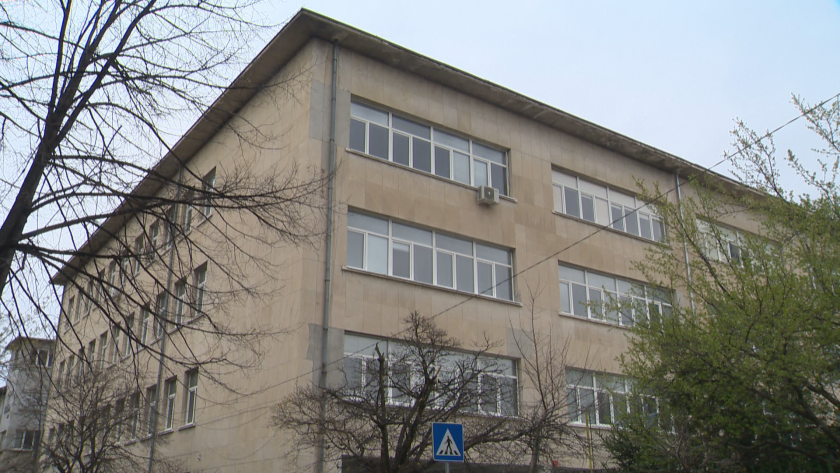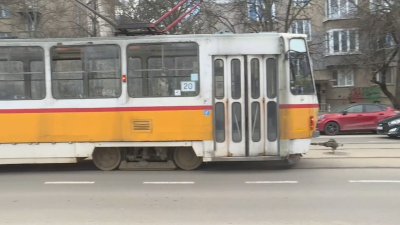The unprecedented hacker attack against Bulgarian schools continues today, March 28. New threatening emails about planted explosive devices were received by many schools this morning. There were e-mailed bomb threats in 24 schools in Varna, all schools in Sliven, Pleven, Pazardzhik and Burgas and 25 schools in Sofia.
A university was also targeted for the first time today - a threat was received at the University of National and World Economy (UNWE). The leading version is that these are hybrid attacks linked to Russia. The Prosecutor's office has launched an investigation in terrorism.
Second day of disrupted classes in some schools in the country. In the 32nd school in Sofia, students of the first shift were evacuated. Some of the children were really scared, others were crying, for others the cancelled classes brought joy.
The bomb threats undoubtedly caused inconvenience for students, teachers and parents.
The Education Ministry and school principals are in constant contact with law enforcement agencies. All threats were sent by email. Only the 22nd school in Sofia received one in the usual way - by phone.
In Sofia, 25 schools received the threatening email. Today, unknown hackers also attacked a university. The UNWE building was searched and classes were suspended.
"I don't know what's going on in Sofia, there are always some bomb alerts, hopefully we will find out what's going on," said Stefan, a 3rd year student at the UNWE.
"The closest explanation is the upcoming elections, on the other hand some novice hacker might be making such jokes, I don't know. We need the relevant services to find the perpetrator very quickly or at least ensure that the messages are fake so that we do not interrupt the learning process every day," said Prof. Dr. Dimitar Dimitrov, Rector of the UNWE.
Students from the 32nd school in Sofia were also evacuated due to a threat by email. The second shift is studying remotely today.
"The situation is really quite unpleasant for the thousands of parents and students. Some of the youngest pupils were crying. They are afraid, they are worried, it is difficult to explain to them that it is not training," added Nelly Kostova, principal of 32nd school.
24 schools were searched, no explosive devices were found. School classes were not suspended. Class teachers have informed parents.
"We were told that we could come and pick up our children if we chose, otherwise classes continued as normal," added Violeta Serafimova, a parent of a child from the "Nayden Gerov" school in Varna.
Schools in Burgas were also subject of the e-mailed threats. In the Mathematics school and English Language School, classes were suspended, students evacuated and buildings sealed.
The wave of bomb threats also reached Sliven. Students from all schools were evacuated and parents called to pick them up. The day was declared a non-school day. Schools in the smaller towns of the municipality also received threats.
"They were a bit worried at first, I tried to calm them down, but the most important thing was to leave the classroom as quickly as possible," said Krasimira Bakalova, a teacher.
Bomb alerts also shut down 15 schools in Pleven. In the remaining 19, by decisions of the principals, classes were resumed after no explosive devices were found.
"No improvised explosive device was detected and the students were back in their classrooms without panic or tension and continued the normal educational process," explained Tsvetelin Goranov, principal of the “Hristo Botev” Primary School in Pleven.
Principals insist on clear instructions for reacting in such situations.
"There should be a clear and precise algorithm, which should be at national level. The last one, which is written as a draft, is from 2013 for telephone bomb alerts, in the current situation here we are talking about electronic alerts, which is different," said Diyan Stamatov, chairman of the Union of Employers in the System of National Education in Bulgaria.
According to the caretaker minister of education, such e-mailed attacks are currently taking place across Europe and in the US.










 Чуй новините
Чуй новините Подкаст
Подкаст




















